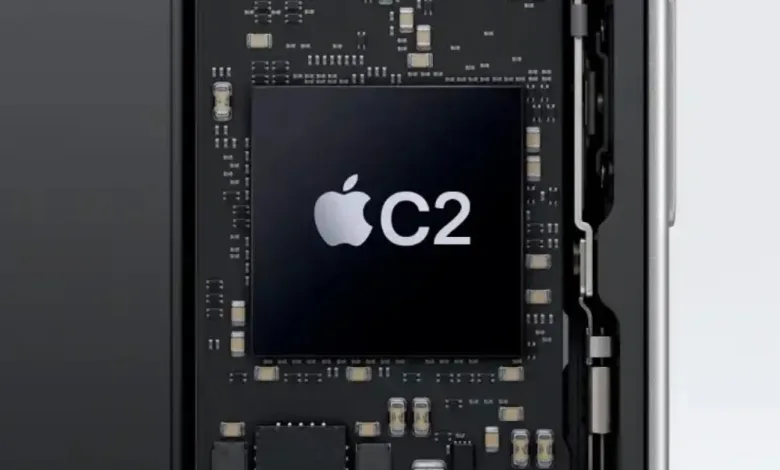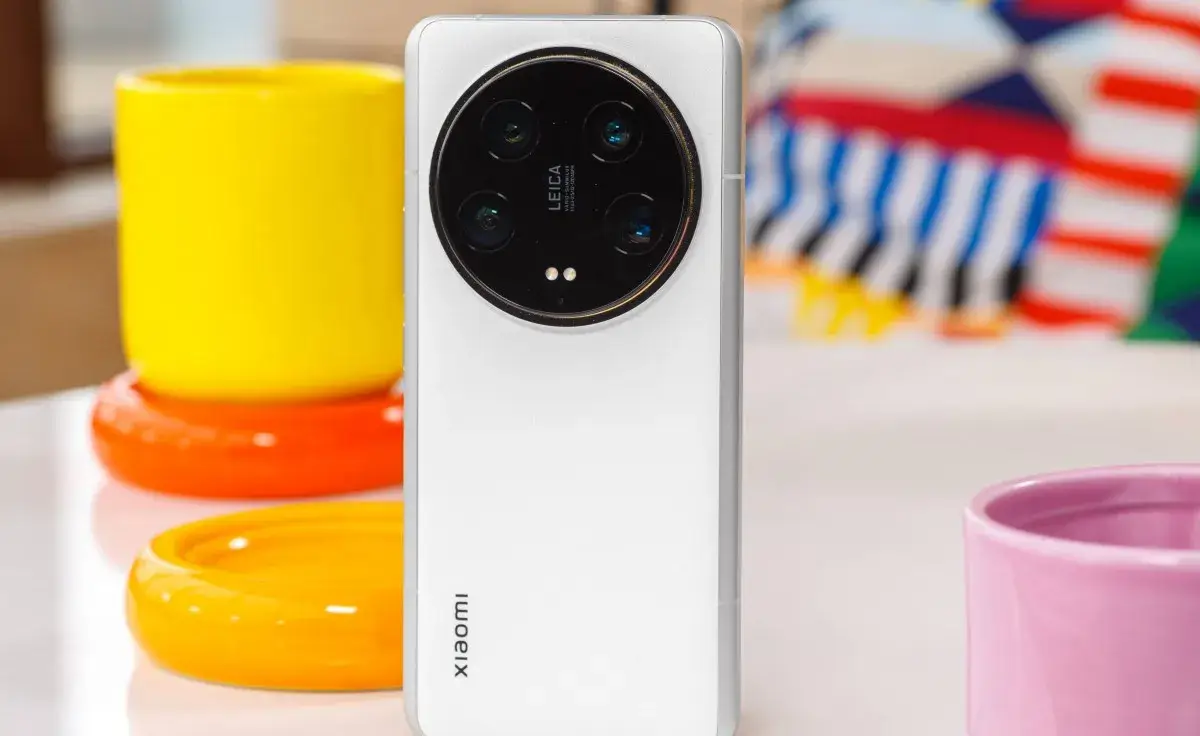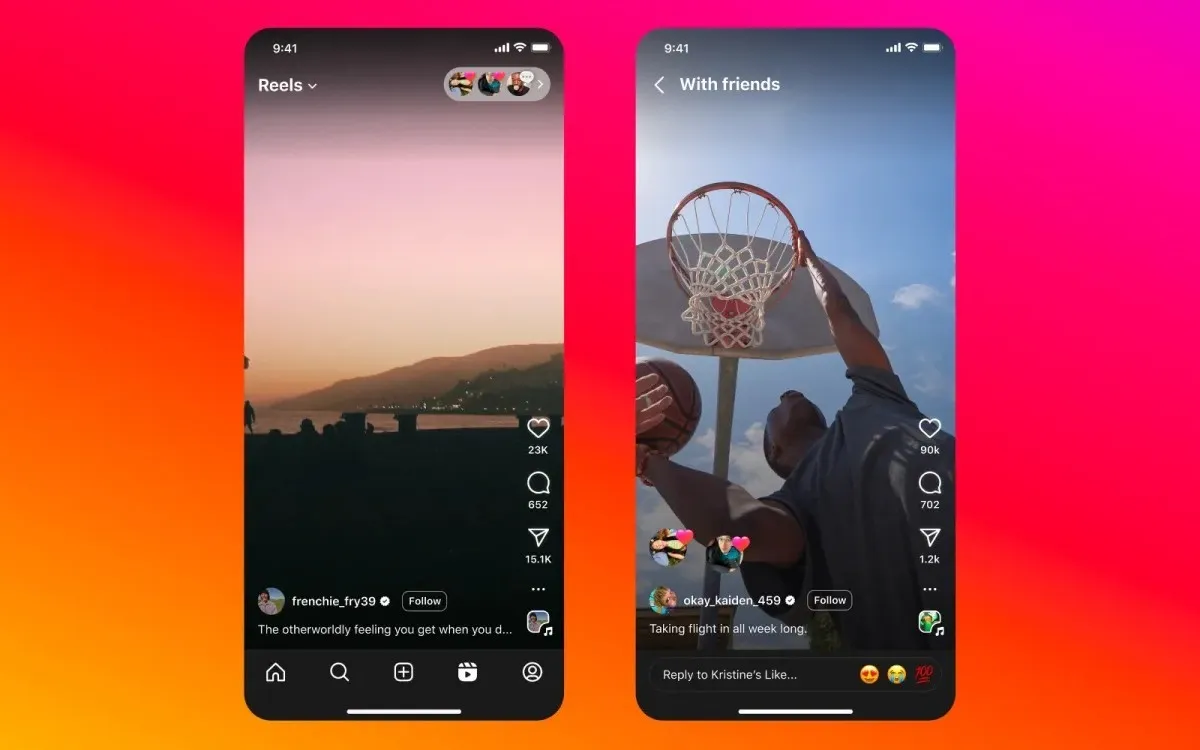Apple’s iPhone 18 Pro to Feature Second-Generation Apple Modem

Apple, the company behind the popular iPhone, is making big moves in the world of technology. The latest news is about the iPhone 16e, which is the first Apple device to feature something called an “in-house cellular modem.” This means Apple is now designing its own technology to help iPhones connect to the internet and make calls, instead of relying on other companies like Qualcomm, which has been providing modems for iPhones for years.
The new modem is called the Apple C1, and it’s a big step for the company. However, it’s still in the testing phase. The C1 modem uses a mix of different technologies, including 4-7nm baseband components and a 55nm Power Management Integrated Circuit (PMIC). For those who don’t know, these are technical terms that describe how the modem is built and how it manages power. But there’s a catch: the C1 modem doesn’t support mmWave, which is a type of super-fast 5G technology. This means it might not be as advanced as some other modems available right now.
Because of this, Apple is already working on a better version of the modem, called the C2, which could be used in future iPhones. For now, the iPhone 16e will use the C1 modem, but Apple is unlikely to use it in the iPhone 17 Pro series. Instead, the iPhone 17 Pro models are expected to stick with modems made by Qualcomm, a company that has been a leader in this technology for years.
But things might change with the iPhone 18 series. According to reports, Apple plans to use its own second-generation modem, the C2, in the iPhone 18 Pro and iPhone 18 Pro Max. This means Apple is slowly moving away from depending on Qualcomm and taking control of more parts of its technology. However, the regular iPhone 18 (not the Pro version) might still use the older C1 modem or even continue using Qualcomm’s modems.
Another interesting detail is that the C1 modem is still an external modem, meaning it’s a separate chip inside the iPhone. In the future, Apple wants to integrate its modems directly into its A-series chipsets, which are the brains of the iPhone. This would make the devices more efficient and possibly faster. However, this integration won’t happen anytime soon, according to recent reports.
What Does This Mean for Nigerians?
For Nigerians who love iPhones, this news is exciting because it shows that Apple is working hard to improve its technology. In the future, iPhones with Apple’s own modems might offer better performance, longer battery life, and possibly even lower costs since Apple won’t have to pay other companies like Qualcomm for their technology. However, it’s important to note that these changes will take time. For now, the iPhone 16e is a step in the right direction, but the real game-changer might be the iPhone 18 series, which could feature the more advanced C2 modem.
In summary, Apple is making big strides in designing its own cellular modems, starting with the iPhone 16e. While the current C1 modem is still a work in progress, the company is already planning better versions for future devices. This could mean better iPhones for everyone, including Nigerians, in the years to come.



